Women allowed to take abortion pill at home in Wales
- Published
"Claire" says having to return to a clinic makes things "unnecessarily traumatic" for some women
A decision to allow women to take abortion pills at home in Wales has been welcomed as a "significant" move.
Until now they have had to take two trips to clinics to take medication to terminate the pregnancy, sometimes miles from home.
A charity said women had experienced cramping and bleeding, at times on public transport, trying to get home after taking the pill.
The Royal College of Midwives said it was a "sensible and practical move".
The change brings Wales in line with Scotland, where women have been allowed to take the tablet at home since last year, and with other countries such as Sweden and France.
The British Pregnancy Advisory Service (BPAS), an abortion care charity which runs clinics, said Welsh Government move meant women would be able to take the tablet at home where they felt "safe and comfortable" and called on England to follow suit.

What does the change mean?
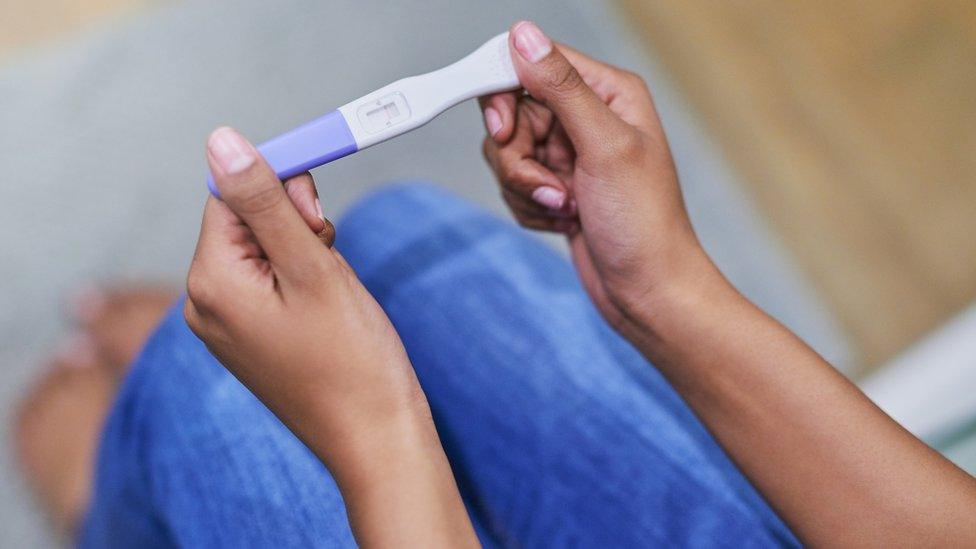
There were 8,578 terminations of pregnancy in Wales in 2017, external, more than three out of four - 79.2% - were medical rather than surgical procedures.
Under the current system women having a medical abortion, which is only available in the first nine weeks of pregnancy, have to visit a clinic twice to take two tablets within 72 hours of each other.
The first tablet, called Mifepristone, blocks the action of the hormone progesterone, which is needed to maintain the pregnancy.
The second tablet, called Misoprostol, can be given on the same day, or 24, 48 or 72 hours apart.
But the change in Wales will mean that from Friday women will have the choice whether to take Misoprostol - in a clinical setting or take it at home.
Women would still need to attend a clinic to take the first pill, Mifepristone, where they would also get the second tablet.

Within an hour of taking Misoprostol women can experience heavy bleeding - sometimes on the way home from the clinic.
"This is a massive issue. You don't know when it is going to start," said retired nurse Bronwen Davies, a member of the group Abortion Rights Cardiff.
Ms Davies explained women could become unwell on the "long journey" home, especially in areas of rural Wales, as well as having difficulties taking time off work and paying travel costs to attend clinics.
Katherine O'Brien, from BPAS, said with how fast the medication could work some women were "effectively forced to miscarry on the way home".
She said: "It's incredibly traumatic and difficult, and fairly common for symptoms to come quickly.
"We know women who've asked a taxi to pull over at a hotel and check into a room because they couldn't make it home."
'Cramping and bleeding'
Helen Rogers, director for Wales at the Royal College of Midwives, said: "This is a sensible and practical move by the Welsh Government. It enables women to have more choice and control over their own reproductive health and well-being.
"It is a welcome announcement that will make a significant difference to women using these services."
Health Secretary Vaughan Gething said the decision had been made after listening to clinicians and women's groups.
Mr Gething said: "This change in practice offers additional choice to women requesting an abortion and enables them to complete treatment in an environment where they feel most comfortable.
"It will also reduce the burden currently placed on clinical resources, increase the availability of appointments for women who want to access termination of pregnancy services and enable a greater number of women to access abortion provision at an earlier point in their pregnancy."
Last month, the Department of Health said its priority was to ensure that care is safe and of a high quality and that it will continue to monitor the evidence surrounding abortions at home.
BBC Wales contacted ProLife Alliance and Society for the Protection of Unborn Children to see if they wished to comment.
- Published29 May 2018
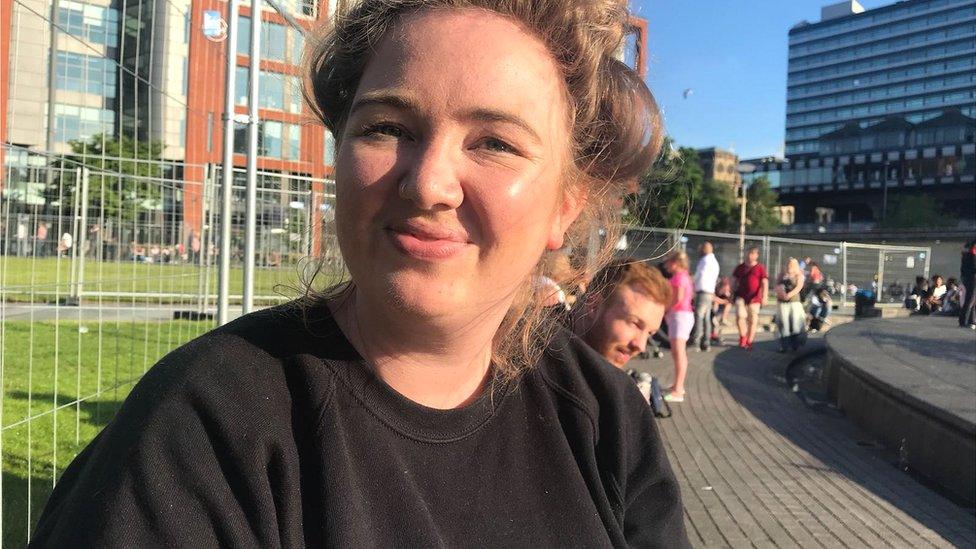
- Published22 May 2018
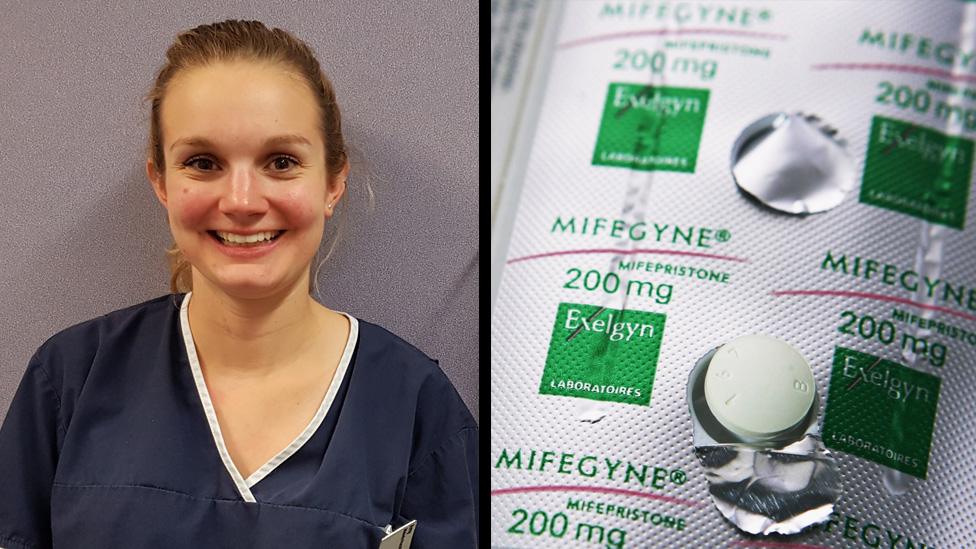
- Published17 April 2018
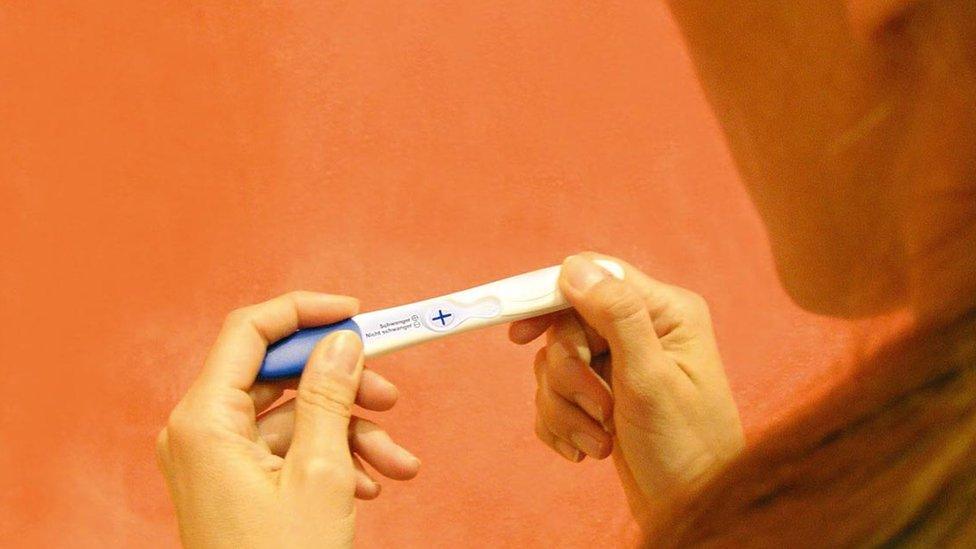
- Published7 March 2018
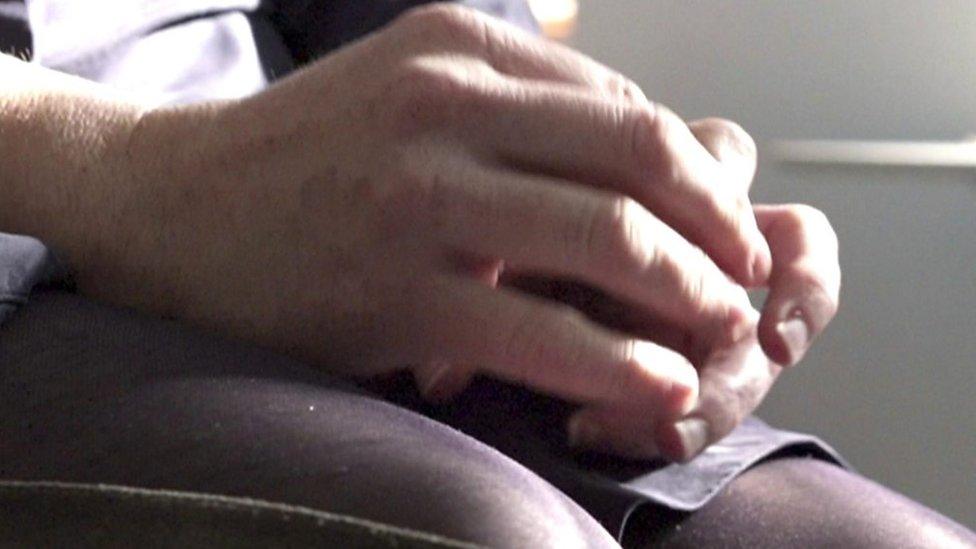
- Published27 October 2017
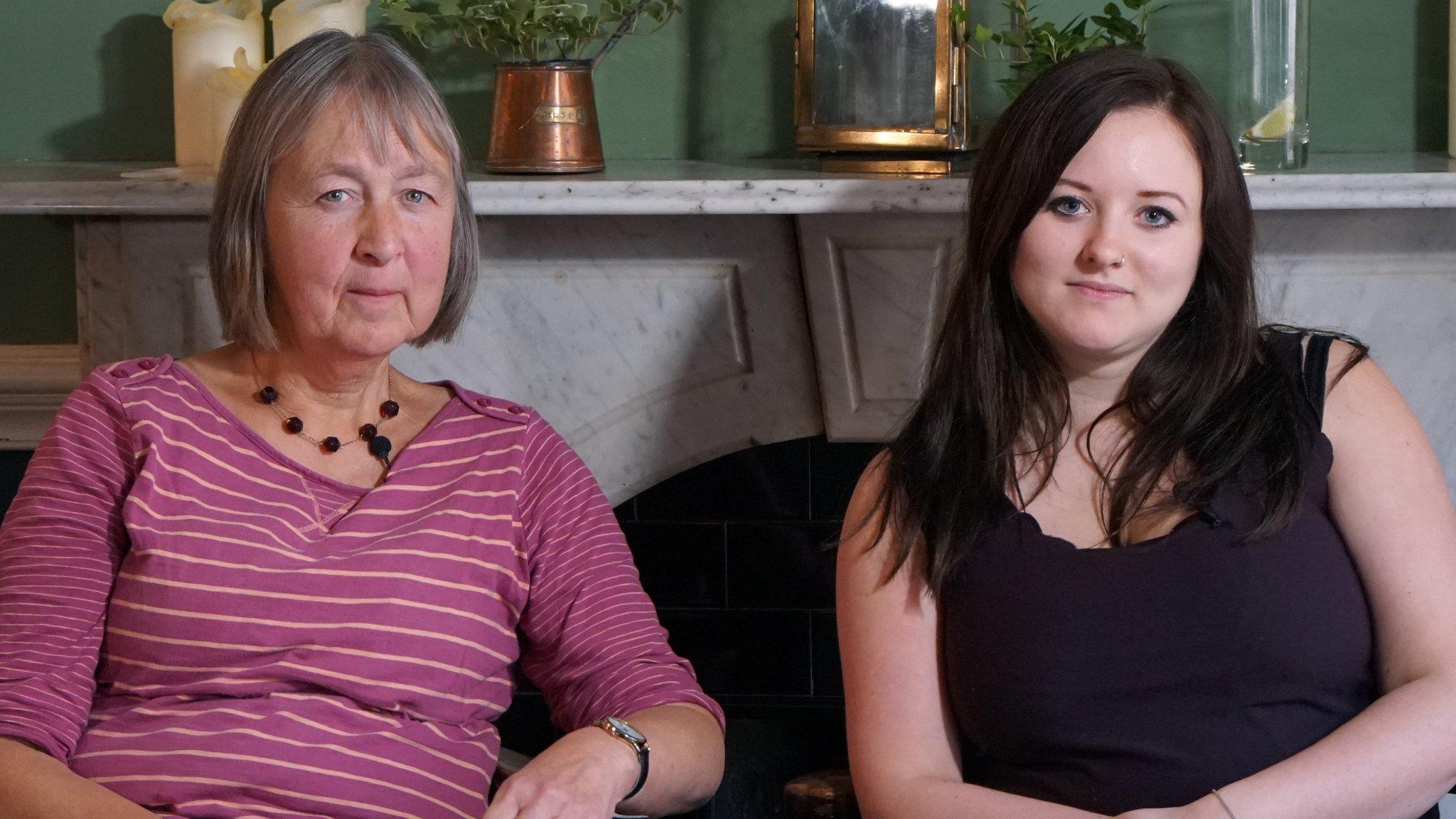
- Published15 February 2017
